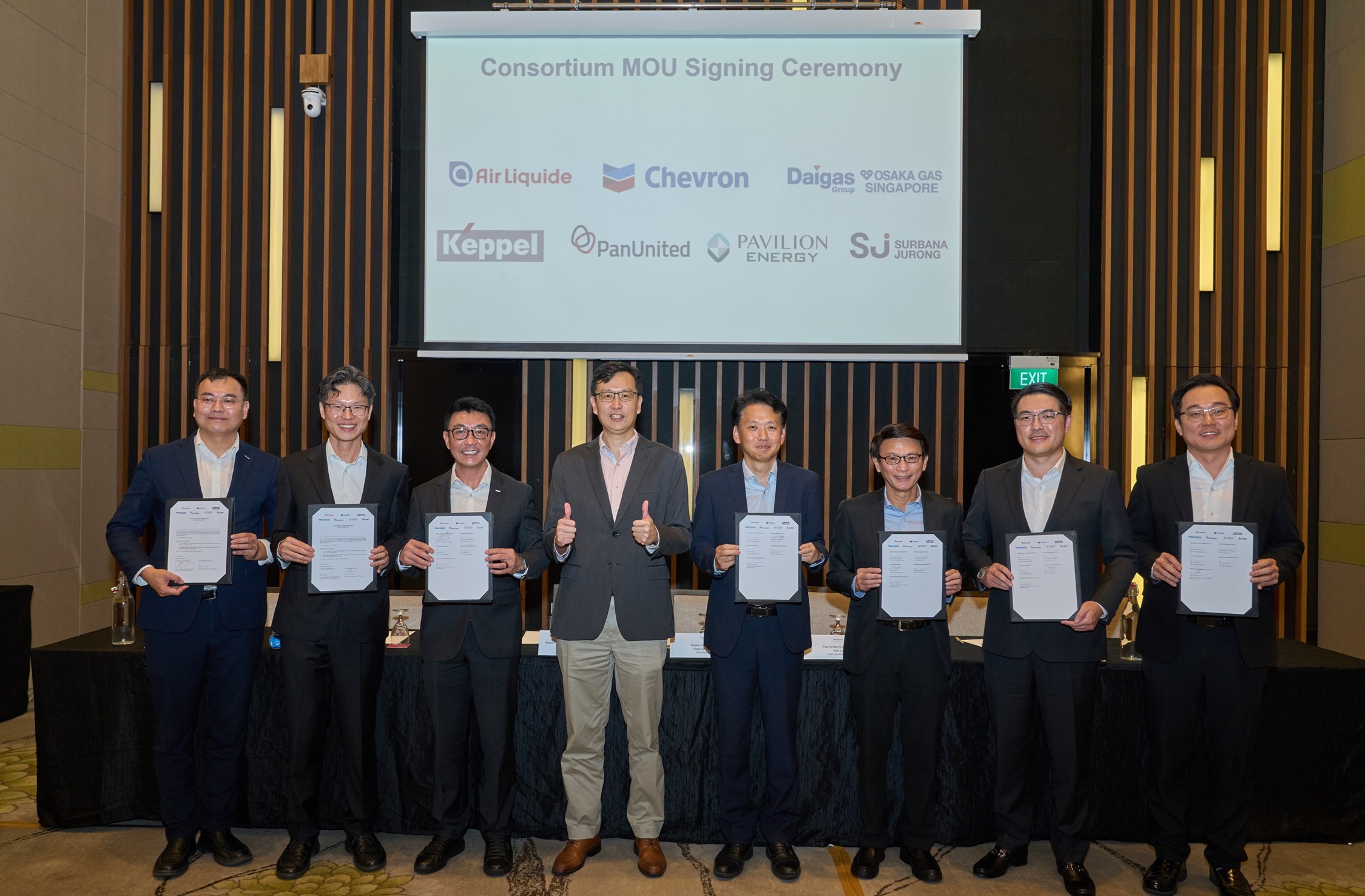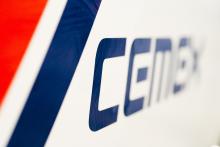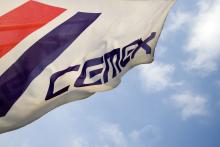
Collectively known as the Low Carbon Technology Industry Consortium (LCT-IC), the parties will explore through the advancement of technology to accelerate the development of cost-effective Carbon Capture, Utilisation and Sequestration (CCUS) as well as the production, transportation, distribution and utilisation of lower carbon hydrogen and its derivatives at scale. This is intended to commercialise new lower-carbon technology pathways in Singapore.
This is an extension of a previous MOU signed in July 2020, which aimed to accelerate the development of integrated and energy-efficient CCUS systems that lead to industrially scalable solutions and a lower-carbon economy for Singapore. The MOU now welcomes Air Liquide Singapore, Osaka Gas Singapore, and Pavilion Energy as new members of the LCT-IC.
Under the MOU, the LCT-IC members will seek to partner, exchange ideas, share technical insights and develop lower carbon research, development and demonstration guided by the following framework:
Research in lower carbon technology: Develop research and development projects on lower-carbon energy technology solutions together with various Institutes of Higher Learning (IHLs) and Research Institutes (RIs). Other industry collaborators could also be involved as required.
Technology Translation: Partner technology scale-up platforms to translate and advance lab-scale research and technologies of lower Technology Readiness Levels (TRL) to technology test-beds for scale-up.
Scalable Solutions: Establish scalable industrial solutions to realise lower carbon value chains, including first-of-its-kind, pre-commercialisation demonstration projects.
As a consortium, members regularly engage with technology startups, academia, and research institutes to keep abreast of developments in lower carbon technology in Singapore, which has the potential to scale into commercially viable solutions. This consortium and its members have participated in earlier relevant research grant calls from government agencies. The consortium has also been invited to contribute towards developing new industry standards related to energy transition e.g. CCUS.
Some notable areas of partnerships since the earlier MOU include:
1) Collaboration with the National University of Singapore (NUS) to propose innovative solutions in combating rising seawater levels as part of a Marine Climate Change Science (MCCS) grant call.
2) Participation in the Low Carbon Energy Research (LCER) Grant Call - Chevron and Surbana Jurong partnered with NUS and Nanyang Technological University (NTU) on the development and validation of novel hollow fibre membranes for carbon dioxide (CO2) capture, a project awarded under the LCER Grant Call.
Encouraged by the progress and fruitful discussions, the seven Parties of the consortium are keen to build on these efforts and broaden the partnership and scope of the MOU to include, but not limited to, CCUS and lower carbon hydrogen & its derivatives in end-to-end value chains.
In the area of Carbon Capture and Utilisation, parties are currently exploring opportunities around CO2 mineralisation for use within the build and construction sector.
CO2 sequestered in concrete has the potential to lower the embodied carbon of buildings and other structures where concrete could be utilised. Consortium members are expected to be involved at various points within this value chain to jointly study feedstock availability, potential market demand within Singapore and new product qualification requirements. A techno-economic analysis and product life cycle assessment could follow this.
Frederick Chew, CEO of A*STAR, the guest-of-honour at the MOU signing ceremony, said: "Efforts by such industry consortiums to develop and commercially deploy low-carbon technologies will contribute towards achieving Singapore's net zero targets. It is heartening to see the scope of this collaboration being broadened, as innovation through R&D will be crucial in tackling common problem statements and barriers to adoption."
"Partnerships are critical to advance energy transition. This MOU includes partners from diverse industries but with a shared goal of promoting a vibrant ecosystem that enables technological advancements to thrive and create scalable and affordable lower-carbon value chains that the industry will adopt. LCT-IC industry partners and I are excited with what this next phase of collaboration may bring as we transition towards a lower carbon energy future," said Law Tat Win, Chevron Singapore Country Chairman, on behalf of the LCT-IC.










